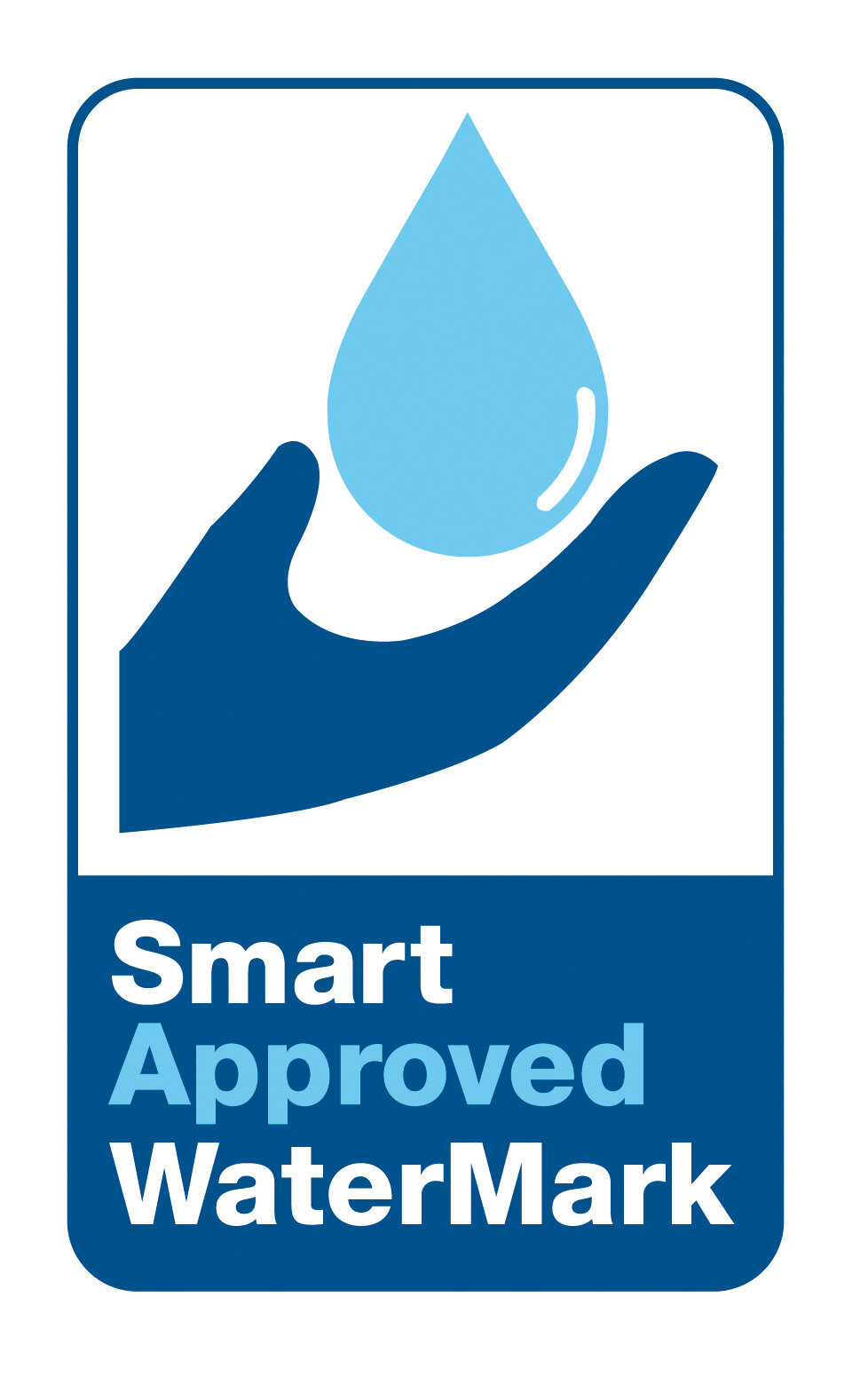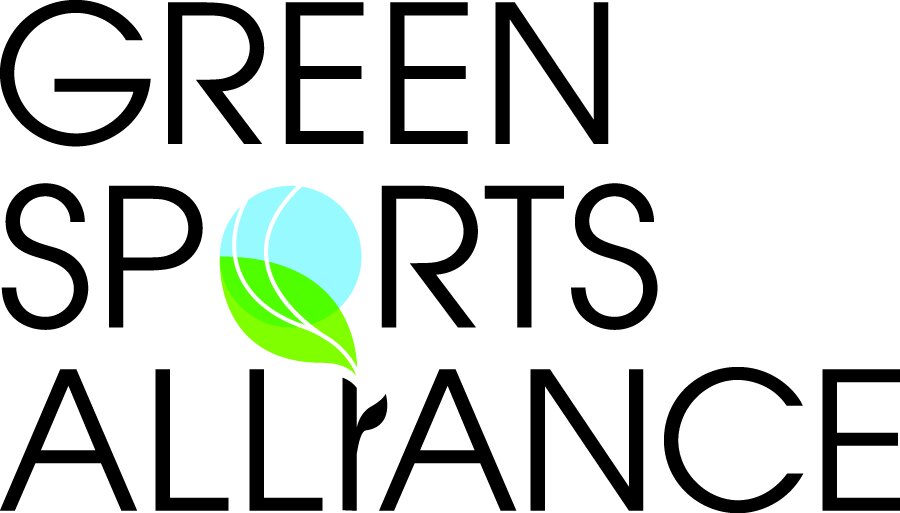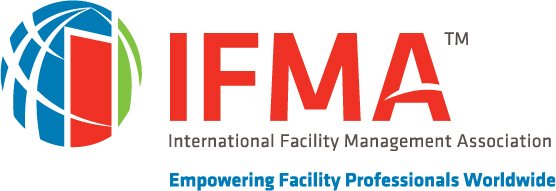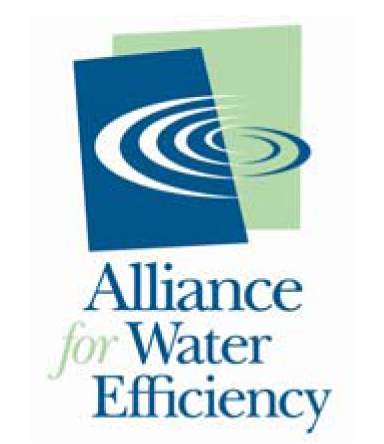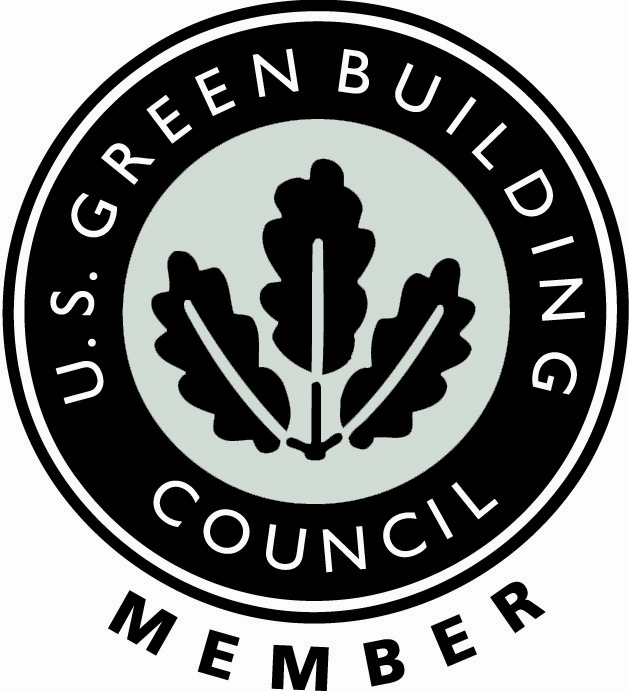Extended school closures, like three-month summer vacations, can dry out P-traps under drains, releasing harmful sewer gases that pose health risks to children and adults when the building reopens. The following question and answer will help you better understand what is happening.
What are P-Traps?
P-traps are practical devices installed under nearly all drains. They work by:
Collecting a small amount of water as it flows down the drain
Creating a water seal that blocks sewer gases from entering the room
Preventing odors and harmful gases from being released
But P-traps can dry out when:
Schools close for extended periods
Restrooms or sinks receive very little use
What Creates Sewer Gas?
Sewer gas forms from decomposing human and animal waste. It contains several harmful components such as:
Ammonia
Methane
Hydrogen sulfide
These gases become toxic when inhaled in high concentrations because they can displace oxygen in enclosed spaces. Exposure can cause:
Eye irritation
Nausea
Breathing difficulties
In severe cases, sewer gas exposure in enclosed areas has resulted in fatalities.
Who is at risk?
We are all at risk, but children in schools are more so. That's because they breathe faster than adults, and if the fumes are released from floor drains, they are closer to the source of the problem.
Are there "levels" of sewer gas concentration?
Yes, there are. Here is what we know.
Concentrations of 0.0005 parts per million (ppm) can be detected and the odors released smell like burning chemicals or rotten eggs.
At 0.01, it can cause nausea and eye discomfort.
Fumes from 0.02 ppm to as high as 20 ppm can produce headaches, increase heart rates, impact cognitive abilities, and cause muscle coordination to be lost.
Can pouring water down a smelly drain prevent these problems?
Yes, pouring water down the drain can help, but this solution has two limitations:
1. It is temporary; the P-trap will likely dry out again quickly
2. The odor indicates existing exposure; by the time you detect the smell, harmful gases have already been released into the facility.
Are there steps we can take to prevent this problem from happening more permanently?
Yes.
A more permanent solution is EverPrime®. Small amounts of EverPrime prevents drains from drying up for months at a time. It is not impacted by frigid, hot, or dry climates and is very cost-effective.
Why haven't more schools adopted EverPrime?
Despite being effective, cost effective, and patented for more than twenty years ago, awareness of this product among school facility managers and administrators remains low. To address, EverPrime is accessible through:
· The Waterless Co., Inc. website
· Major online retailers
· Home improvement retailers.
EverPrime is a product that all school boards need to know about. View it as a safe, inexpensive, health-protector for children and staff, helping to address a problem that has become all too common.
-Klaus




